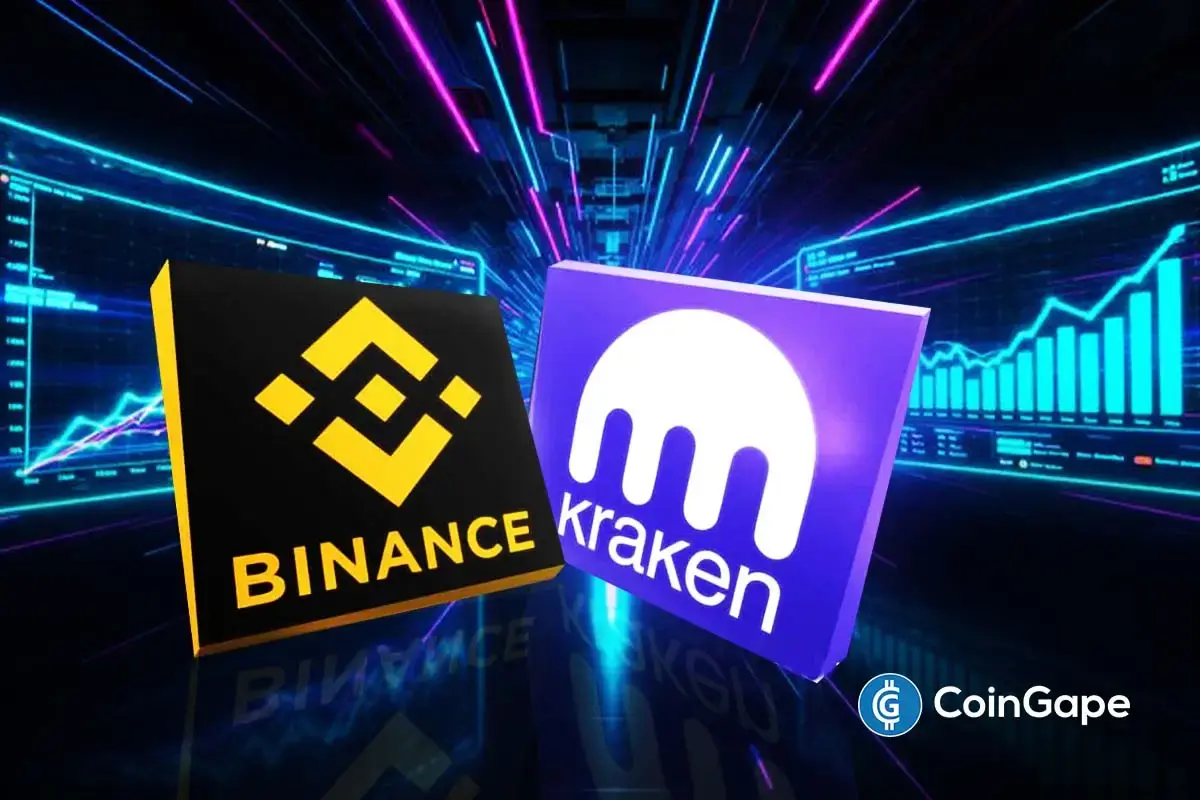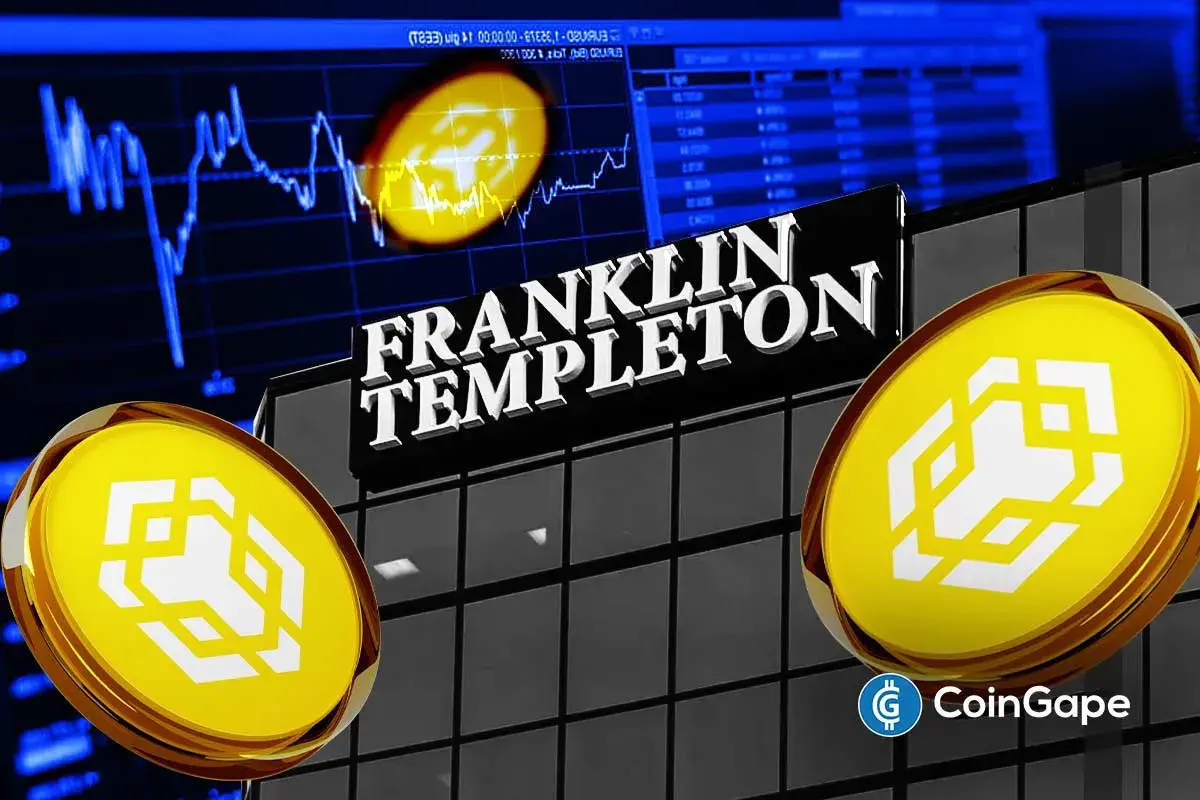Just-In: Stablecoin Issuer Circle Steps Up in Binance Vs SEC Case

Circle, a leading stablecoins issuer, has recently entered the legal dispute between the Securities and Exchange Commission (SEC) and Binance, a major cryptocurrency exchange. Circle argues that stablecoins, tied to other assets for value stability, should not be subject to the same financial trading regulations as traditional securities.
Circle Argues Stablecoins Are Not Securities
The Binance case has gained significant prominence within the crypto world because major exchanges like Binance and Coinbase argue against subjecting cryptocurrencies to existing strict U.S. financial laws. In response to these allegations, Circle has presented its argument regarding assets tied to the dollar, such as BUSD and its own USDC.
Circle asserts that these assets should not be considered securities primarily because users do not expect any profit from standalone purchases of these stablecoins.
According to their filing, Circle states that “Payment stablecoins, on their own, do not have the essential features of an investment contract” . Consequently, they believe that these stablecoins fall outside of SEC jurisdiction.
Circle further asserts that decades of case law reinforce the belief that an asset sale, disconnected from any post-sale commitments or responsibilities by the seller, is not sufficient to establish an investment contract. The argument assumes great significance in gaining insight into Circle’s stance regarding why stablecoins should not be categorized as securities.
Decades of case law support the view that an asset sale — decoupled from any post-sale promises or obligations by the seller — is not sufficient to establish an investment contract, Circle added.
SEC’s Allegation Against Binance
Binance faced multiple charges from regulators due to legal violations in June. These charges were related to the facilitation of trades in cryptocurrencies, including Binance Coin (BNB), Polygon (MATIC), Solana (SOL), Cardano (ADA), and Binance’s stablecoin BUSD. The Securities and Exchange Commission (SEC) alleged that these activities involved unregistered securities.
The U.S. Securities and Exchange Commission (SEC) had accused Binance of selling BUSD as an investment contract due to the way it was promoted with yield offerings through reward programs. In response, last week, Binance and its U.S. arm and owner Changpeng “CZ” Zhao filed a motion to dismiss the SEC case.
Their argument centered around the regulator’s attempt to assert control over digital assets without proper authorization from Congress. The ongoing legal battle between Binance and the SEC has gained further attention with Circle’s recent involvement.
Play 10,000+ Casino Games at BC Game with Ease
- Instant Deposits And Withdrawals
- Crypto Casino And Sports Betting
- Exclusive Bonuses And Rewards

- CFTC Chief Mike Selig Signals US Crypto Perpetual Futures Rollout in Coming Weeks
- Fed Rate Cut Odds Drop as Inflation Fears Rise Due To U.S. Iran Conflict
- Here’s Why Tether Gold (XAUt) Price Is Falling Even With Growing Gold Demand
- XRP News: Ripple Expands Payments Platform To Unify Fiat and Stablecoins Globally
- U.S.–Iran War: Bitcoin Price Extends Decline as Oil Prices Surge To Two-Year High
- Gold Price Prediction March 2026: Rally, Crash, or Record Highs?
- RIOT Stock Prediction as Needham, Piper Sandler Slash Target After Earnings
- Cardano Price Outlook As Charles Hoskinson Warns Over CLARITY Act
- Circle Stock Price Climbs 15% to $96, Can Rally Continue in March 2026?
- Bitcoin Price Prediction as US-Iran War Enters 4th Consecutive Day
- Top 5 Historical Reasons Dogecoin Price Is Not Rising

 Buy $GGs
Buy $GGs

















